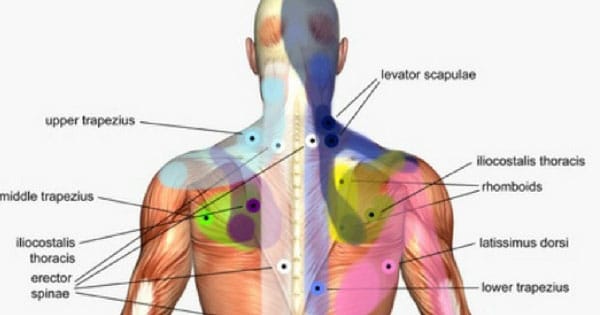Muscle Weakness

What Causes Muscle Weakness?
Muscle weakness happens when your full effort doesn’t produce a normal muscle contraction or movement. It’s sometimes called reduced muscle strength, muscular weakness, or weak muscles.
Whether you’re ill or simply need rest, short-term muscle weakness happens to nearly everyone at some point. A tough workout, for instance, will exhaust your muscles until you’ve given them a chance to recover with rest.
But if you develop persistent muscle weakness, or muscle weakness with no apparent cause or normal explanation, it may be a sign of an underlying health problem. Voluntary muscle contractions are usually generated when your brain sends a signal through your spinal cord and nerves to a muscle. If your brain, nervous system, muscles, or the connections between them are injured or affected by disease, your muscles may not contract normally. This can produce muscle weakness.
Potential causes of muscle weakness
Many health conditions can cause muscle weakness. Examples include:
- chronic fatigue syndrome
- muscular dystrophies
- hypotonia, a lack of muscle tone that’s usually present at birth
- myasthenia gravis, an autoimmune and muscular disorder
- peripheral neuropathy, a type of nerve damage
- neuralgia, or sharp burning or pain in one or more of your nerves
- polymyositis, or chronic muscle inflammation
- stroke
- polio
- Graves disease
- Guillain-Barre syndrome
- Lou Gehrig’s disease
- hypothyroidism
- hypercalcemia, or elevated calcium in your blood
- rheumatic fever
- West Nile virus
- botulism, a rare and serious illness caused by Clostridium botulinum bacteria
- prolonged bed rest or immobilization
Diagnosing the underlying cause of muscle weakness
If you experience muscle weakness for which there’s no normal explanation, make an appointment with your doctor. You’ll be asked about your muscle weakness, including how long you’ve had it and which muscles have been affected. Your doctor will also ask about other symptoms and your family medical history.
Your doctor may also check your reflexes, sensation, and muscle tone. If needed, they may order one or more tests, such as:
- MRI or CT scans to examine the inner structures of your body
- nerve tests to assess how well your nerves are working
- electromyography to test the nerve activity in your muscles
- blood tests to check for signs of infection or other conditions
Treatment options for muscle weakness
Once they’ve determined the cause of your muscle weakness, your doctor will recommend appropriate treatment. Your plan will depend on the underlying cause of your muscle weakness, as well as the severity of your symptoms. In some cases, physical therapy may be helpful. Your doctor may also recommend medication, surgery, or other treatments.
Recognizing a potential emergency
In some cases, muscle weakness can be a sign of something very serious, such as a stroke. If you experience any of the following symptoms, call 911 immediately:
- sudden onset of muscle weakness
- sudden numbness or loss of feeling
- sudden inability or difficulty moving your limbs, walking, standing, or sitting upright
- sudden inability or difficulty smiling or forming facial expressions
- sudden confusion, difficulty speaking, or trouble understanding things
- chest muscle weakness resulting in difficulties breathing
- loss of consciousness